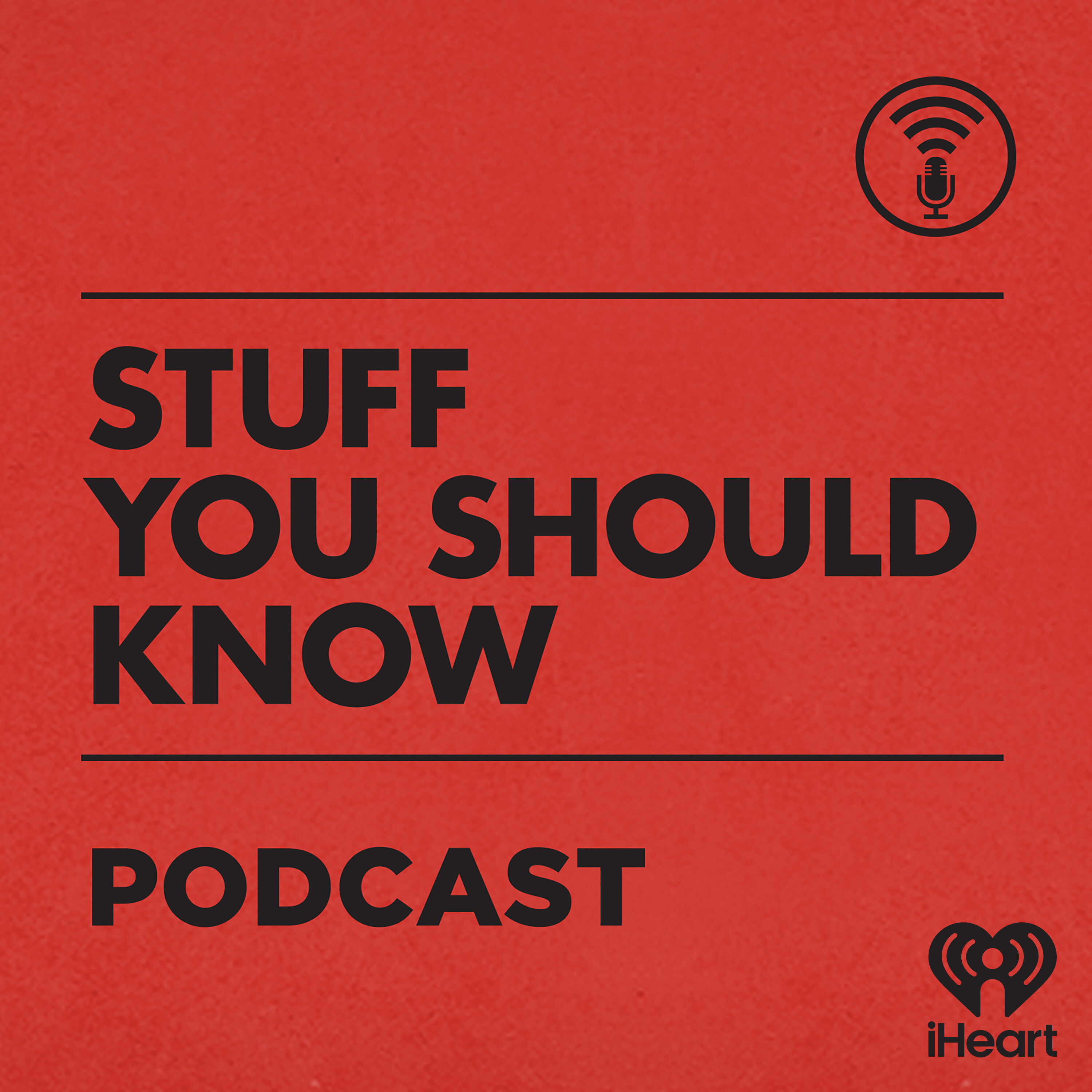Episode

What were the black codes?
Description
The black codes were proposed laws that basically tried to keep a form of slavery alive and well after the end of the Civil War. It didn't last long but the shadow of those codes still exist today. Learn more about your ad-choices at https://www.iheartpodcastnetwork.comSee omnystudio.com/listener for privacy information.
Chapters
Two best friends cover a variety of practical money topics like saving money on groceries, income maximization and buying vs. renting.
00:00 - 01:47 (01:47)
Summary
Two best friends cover a variety of practical money topics like saving money on groceries, income maximization and buying vs. renting. They also explore unusual money-related questions like creating new senses for humans and how our experiences relate to our brains.
EpisodeWhat were the black codes?
PodcastStuff You Should Know
The black codes were a series of laws created by southern white people, including plantation owners, in the aftermath of the Civil War.
01:47 - 12:41 (10:54)
Summary
The black codes were a series of laws created by southern white people, including plantation owners, in the aftermath of the Civil War. These laws found their origins in the conventions of 1865 and were a precursor to the discriminatory practices toward black citizens.
EpisodeWhat were the black codes?
PodcastStuff You Should Know
The rumor of newly freed slaves receiving 40 acres and a mule began in both the black community and the white community in the south due to William Tecumseh Sherman's Field Order Number 15, which set aside land for them to work and live on in the Jacksonville to Charleston region.
12:41 - 18:57 (06:15)
Summary
The rumor of newly freed slaves receiving 40 acres and a mule began in both the black community and the white community in the south due to William Tecumseh Sherman's Field Order Number 15, which set aside land for them to work and live on in the Jacksonville to Charleston region.
EpisodeWhat were the black codes?
PodcastStuff You Should Know
The Black Codes written after the Civil War aimed to force black people into work agreements that benefited white people, under the premise that black people would not work on their own.
18:58 - 24:15 (05:17)
Summary
The Black Codes written after the Civil War aimed to force black people into work agreements that benefited white people, under the premise that black people would not work on their own. Black people could only fill out a complaint against a white person in front of a judge, which put them in a vulnerable position.
EpisodeWhat were the black codes?
PodcastStuff You Should Know
This transcript explains how debt peonage was a system of exploitation in the South, similar to the company store model, where laborers would offer half their crops as capital and start borrowing.
24:15 - 31:55 (07:39)
Summary
This transcript explains how debt peonage was a system of exploitation in the South, similar to the company store model, where laborers would offer half their crops as capital and start borrowing. This led to high-interest rates and debt that often resulted in having to work for their former plantation owner.
EpisodeWhat were the black codes?
PodcastStuff You Should Know
The North often gets a pass on the failure of Reconstruction, with the white view of history placing blame solely on the South; however, a system was set up to favor white people and recreate slavery, and the 13th Amendment played a role in this.
31:55 - 40:22 (08:27)
Summary
The North often gets a pass on the failure of Reconstruction, with the white view of history placing blame solely on the South; however, a system was set up to favor white people and recreate slavery, and the 13th Amendment played a role in this. Pig laws in places such as Mississippi also made it more likely that Black people would be unfairly prosecuted for minor crimes.
EpisodeWhat were the black codes?
PodcastStuff You Should Know
The Radical Republicans missed the idea that the newly freed, formerly enslaved black citizens that were now citizens of the United States needed a leg up to get on some sort of equal footing with white people to be integrated in society, that it would be a good idea for everybody to be on fairly equal footing so that society could move forward faster.
40:22 - 50:55 (10:33)
Summary
The Radical Republicans missed the idea that the newly freed, formerly enslaved black citizens that were now citizens of the United States needed a leg up to get on some sort of equal footing with white people to be integrated in society, that it would be a good idea for everybody to be on fairly equal footing so that society could move forward faster.
EpisodeWhat were the black codes?
PodcastStuff You Should Know
This podcast explores the history of black codes in America that were created and perpetuated by the Southern planner class, dating back to the very first efforts of colonization and genocide by the Spanish hundreds of years ago.
50:55 - 55:49 (04:54)
Summary
This podcast explores the history of black codes in America that were created and perpetuated by the Southern planner class, dating back to the very first efforts of colonization and genocide by the Spanish hundreds of years ago. While there's a lot of interesting reading material on black codes, the podcast also dives into the relationship between the human brain and experiences.
EpisodeWhat were the black codes?
PodcastStuff You Should Know
The Manawalk Caves is a new immersive fiction podcast about three boys who entered a Tennessee cave, but only one returned.
55:50 - 56:54 (01:03)
Summary
The Manawalk Caves is a new immersive fiction podcast about three boys who entered a Tennessee cave, but only one returned. On Purpose with Jay Shetty is a podcast featuring interviews with influential people who share their raw, real-life stories and the tools they've used to make a difference in the world.